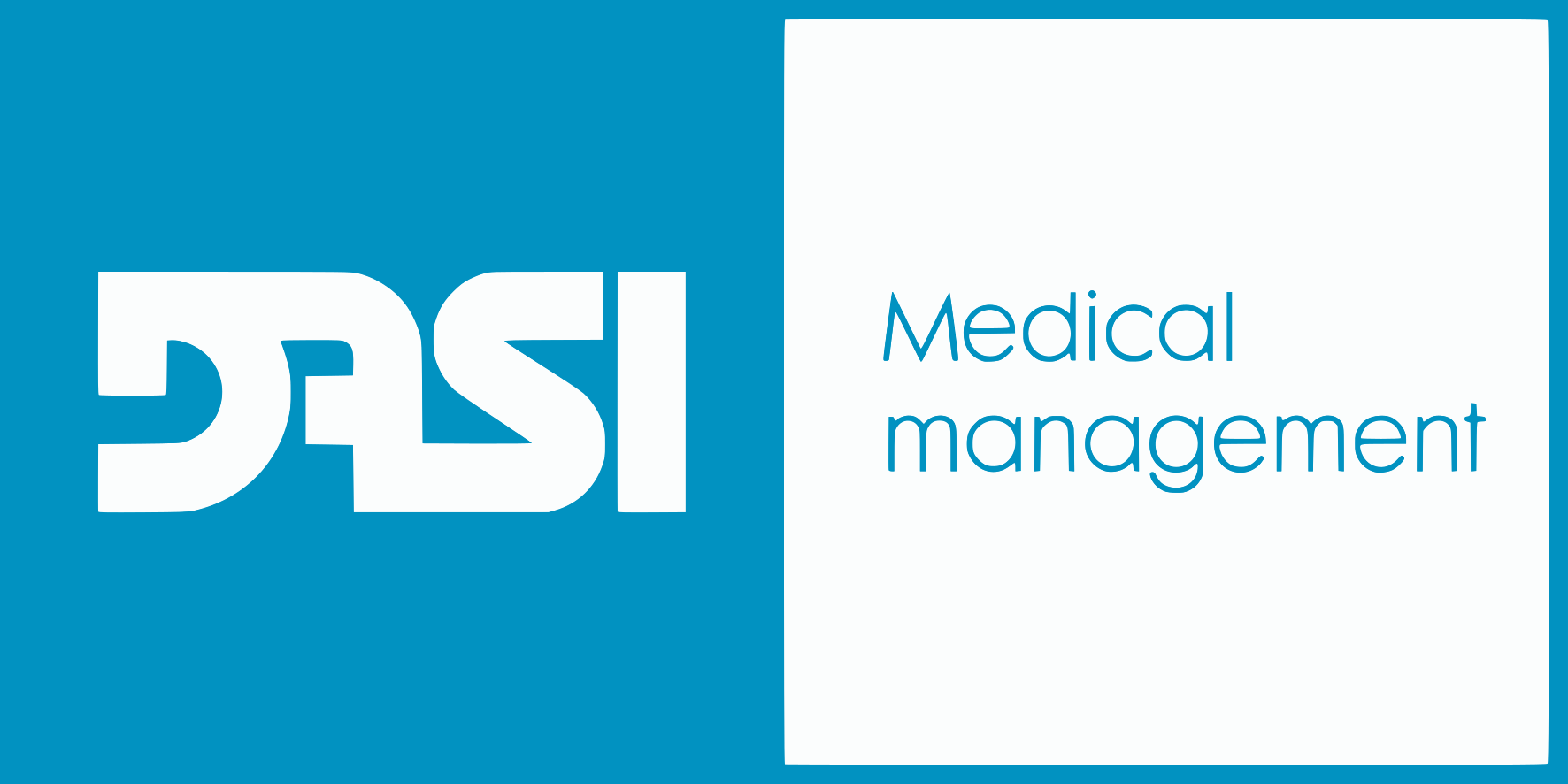
To begin with, we will refer to the legal definition of Electronic Signature : « It is a set of electronic data that accompany or are associated with an electronic document and whose basic functions are:
- Identify the signer unequivocally

- Ensure the integrity of the signed document. Ensures that the signed document is exactly the same as the original and that it has not been altered or tampered with
- Ensure non-repudiation of the signed document. The data used by the signatory to perform the signature are unique and exclusive and, therefore, later, they cannot say that they have not signed the document.»
But, of all the modalities, which is the one that best suits the needs of my health center?
There are a large number

The advantages of implementing it include:
- Savings in costs, space, file, time and paper, since it digitizes the signed document, and it is also an added value to the service and the image of the center. Suitable for both face-to-face and mobile environments.
- It complies with the new General Data Protection Regulation (RGPD) and helps clinics comply with it. In the event of an audit or request for any justification, it is a clear, safe and completely legitimate tool. It is a good ally in the administrative process of your health center and in the clinical process of the professional that it facilitates, the consultation of medical records, etc.
- The safest way of transmitting data and communications.
Emphasizing the premise that “all biometric signature solutions have legal validity but not all offer the same legal guarantees”, Dasi Informàtica has decided to integrate the Dasi eCLINIC cloud program and its DASI Clinic desktop version with the service the ViDsigner BIOMETRIC DIGITAL SIGNATURE , validated by the company Validated ID. for its robustness and security and because it contains a time certification stamp issued by a legal body, which allows knowing exactly what time a document was signed.
For more information, call us at 93. 485 62 48, or contact us at info@dasi.es.







